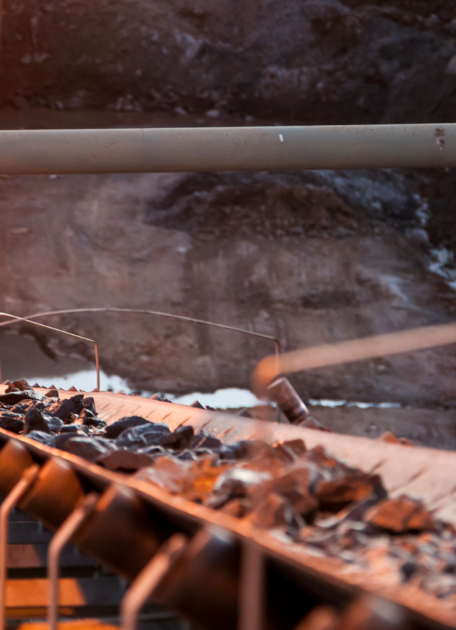Material substitution in the packaging industry
Flexibility in raw material procurement and reduction of dependencies
Our client is an internationally active packaging manufacturer that produces high-quality packaging made of cardboard and corrugated board for consumer goods companies. In procurement, the company spends a three-digit million amount per year on cardboard and corrugated board.
Materials & Process Industry

Objective: Counteract price increases and guarantee security of supply
Scarce availability of pulp and recovered paper as well as increased demand from the online trade have recently led to significant increases in raw material prices and supply bottlenecks in the paper industry. This presented our client’s procurement department with new challenges. We were commissioned to develop strategies together with the client in order to guarantee both competitive prices and security of supply.
Approach: Expansion of the supplier spectrum through material substitution and product customization.
Due to the power structures at both ends of the value chain as well as strict requirements of consumer goods producers regarding packaging qualities, the company was in strong competition with other packaging manufacturers. In order to ensure the supply of cartonboard in the required quality and at the same time reduce price increases, our consultants analyzed the composition of the individual products in detail in order to identify where the client could substitute materials at low cost and with comparable quality.
In the first step, the project team created a structured overview of the types of cardboard available on the market and the products of the manufacturers. A detailed analysis of the specifications was then carried out using various technical data, including bending stiffness and the SCT value, to determine the quality of the cardboard. With the help of this comparison, commonalities between cartonboard qualities and basic substitution possibilities could be identified. In conjunction with a comparison of prices, the analysis revealed previously “invisible” cost advantages. By creating transparency, we were also able to decisively reduce our client’s dependence on individual cartonboard suppliers.
Subsequently, together with the client, we accompanied the implementation of the material substitutions from the first product tests to the release at the consumer goods producers.
In addition to material substitution, our experts examined further possibilities for cost savings, such as reducing the whiteness of the purchased cartons. This resulted in a number of potential technical levers, which were applied to varying degrees and tailored to the customer’s specifications.
Multidimensional substitution possibilities were also analyzed in the area of corrugated board production. With the aid of an analysis of the corrugated board grades, various business cases were created which define a cost-optimized composition of the individual corrugated board components with comparable quality. In particular, the simultaneous adjustment of the liner and flute qualities enabled new cost advantages with a slight change in board stability.
Subsequent successful product tests proved that the approach can also be implemented in reality and thus significantly relieves raw material procurement. For our client, this means more independence from raw material producers and improved security of supply.
Results
- Reducing dependence on individual cardboard suppliers
- Ensuring security of supply
- Outperforming raw material indices in cardboard and corrugated board through technical levers
- New technical approach to material substitution
- Cost-optimized material composition for corrugated board
Talk to our expert



